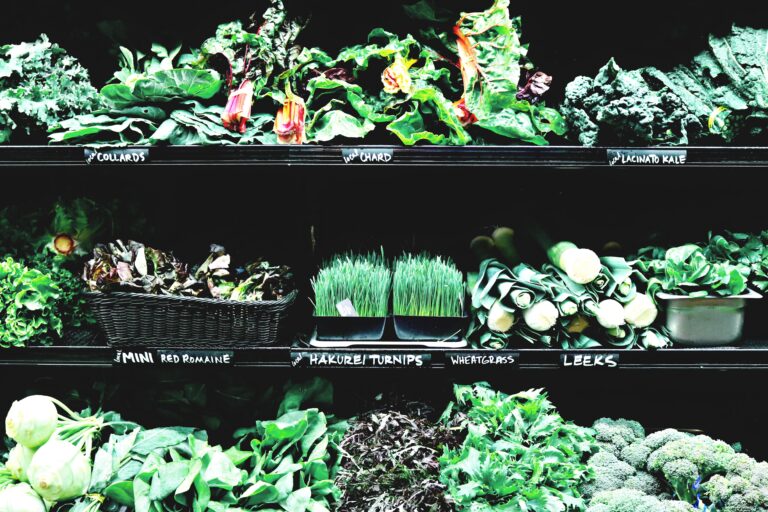Gaining weight can seem daunting and needs to be done in a healthy manner in order to achieve optimal health gains.
Weighing too little can lead to malnutrition, vitamin deficiencies, anemia, or osteoporosis, decreased immune function, increased risk for complications from surgery, fertility issues caused by irregular menstrual cycles, growth and development issues, especially in children and teenagers.

It takes an extra 3500 calories to gain one pound of body weight.
To gain one pound a week, you must consume 500 extra calories every day. However, eating foods high in saturated fats and sugars can lead to long term health problems so it is important that your extra calories come from calorie dense but healthful foods.
Getting Extra Calories:
- Eat frequently; make time for 3 large meals and 2-3 decent sized snacks every day.
- Eat larger than average portions at mealtimes.
- Eat higher (healthy) calorie foods e.g. dried fruit, starchy vegetables (sweetcorn, peas, butternut squash, sweet potato, beans) dense whole grain breads and cereals, hearty bean soups, raw unsalted nuts and seeds, nut butters, guacamole, tahini and hummus.
- Add unrefined, cold-pressed oils to meals e.g. drizzle 2-3 tbsp of flax, hemp, coconut or olive oil over each of your main meals just before serving.
Healthy Extras:
- Use nut or seed butter in dressings, desserts or smoothies.
- Utilise side: serve avocado, refried beans, guacamole, hummus, tzatziki or organic mayonnaise with meals.
- Add oatbran or unflavoured protein powder to soups, stews or sauces.
- Garnish meals with dried fruit, nuts or seeds
- Make beverages count – drink pure fruit juice, fruit smoothies, yogurt drinks, milk, soya milk, rice milk, hot chocolate (etc) in between meals instead of coffee, tea, and diet sodas.
- Drink protein shakes between meals or with snacks – there are a wide variety of whey, soy, pea and hemp-based protein shakes available from sport’s and health food shops.
Weight training helps convert the extra calories into muscle rather than flab. Do resistance and strength training exercises 2-3 times per week.
Foods to Choose
Breads
Choose hearty, dense breads such as whole wheat, oat bran, pumpernickel, or rye instead of fluffy white breads which have been stripped of essential nutrients.
Cut thick slices and spread generously with nut butter, guacamoles, hummus or meat and fish-based pate.
Cereals
Choose dense wholewheat cereals such as granola, muesli instead of flaked or puffed cereal. When making porridge, use nut milk instead of water.
Add extra nuts and dried fruits to cereals to add calories and flavour.
Vegetables
Select three different coloured vegetables to have with your main meals, choosing at least one starchy vegetable, such as potatoes, sweet potato, peas, corn, swede, carrots, butternut squash (etc) as these add more calories.
Fruits
Bananas, pears, apples, pineapple, mango and all dried fruits (raisins, dates, dried apricots, etc.) have more calories than water dense fruits such as berries, melon, oranges, plums and peaches
Soups
Select hearty soups containing beans, lentils, barley or pasta rather than broths or pure vegetable soups. These soups have more calories and carbohydrates. Creamy soups and chowders are also high-calorie choices, but they are very high in saturated fat and should be eaten in moderation.
Salads
Rather than filling up on watery salad vegetables such as lettuce, cucumber and tomatoes pile on more calorie dense options such as chickpeas, kidney beans, sweetcorn, chopped vegetables, nuts, seeds, raisins.
Serve salads with a good quality source of protein such as lean meat, fish, cottage cheese, marinated tofu and remember to add a liberal amount of healthy oil-based salad dressing such as balsamic vinegar and olive oil.




